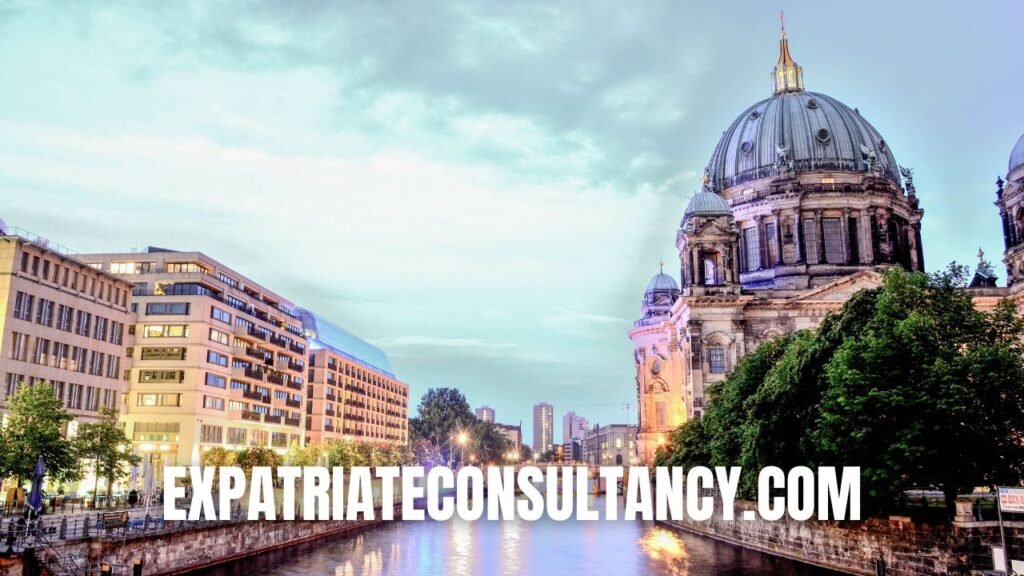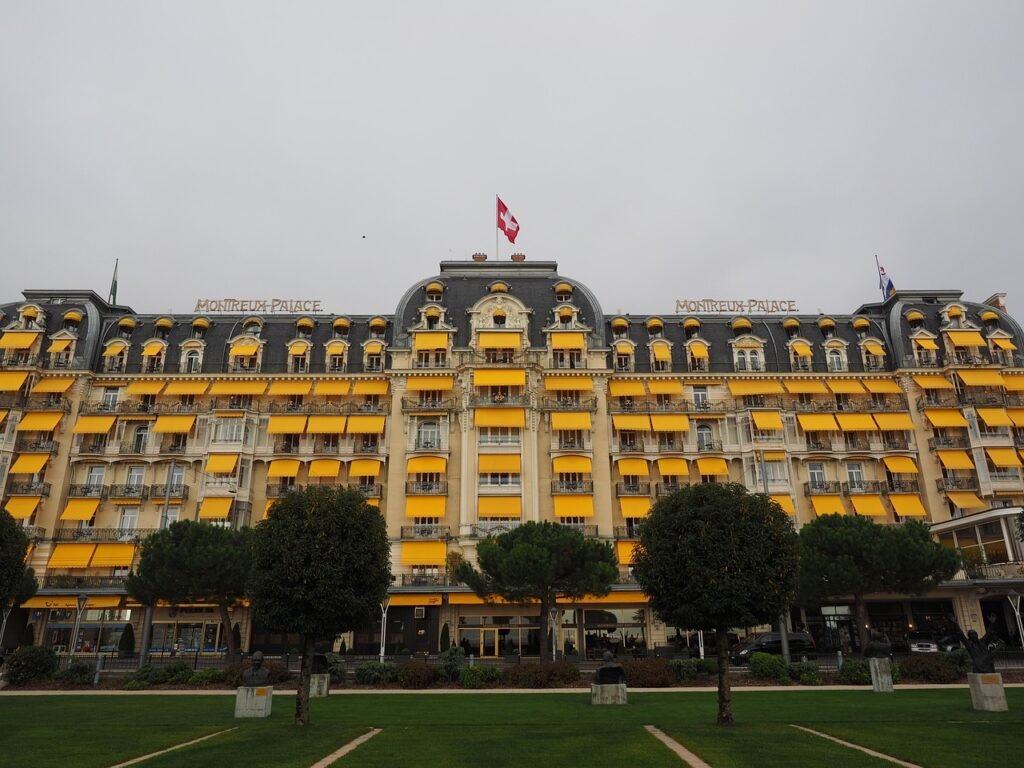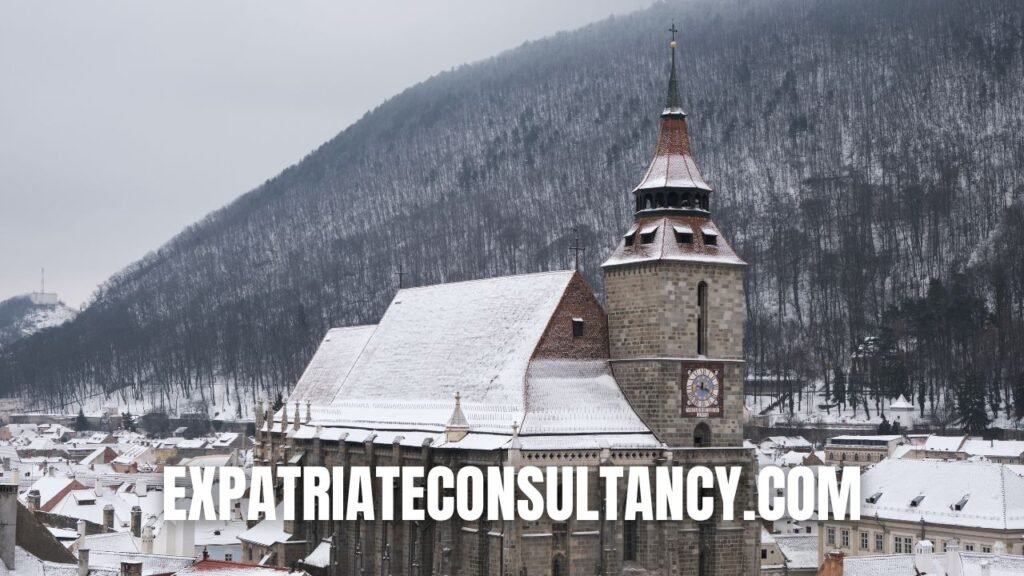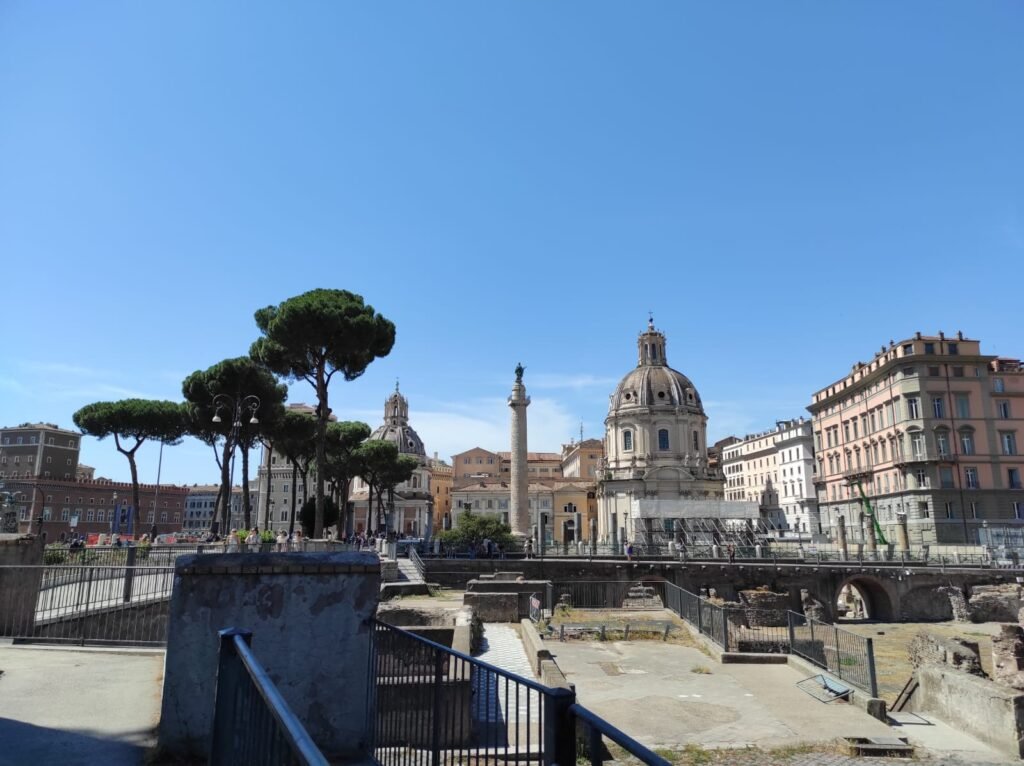Wanderlust: Road Trips in Germany to Unmissable Destinations
Berlin, the vibrant capital of Germany, is a city that never sleeps. With its rich history, cultural diversity, and a thriving arts scene, it’s no wonder that Berlin is a top destination for travelers. But what if you’re looking to explore more than just the city itself? If you have a sense of wanderlust, road […]
Wanderlust: Road Trips in Germany to Unmissable Destinations Read More »










